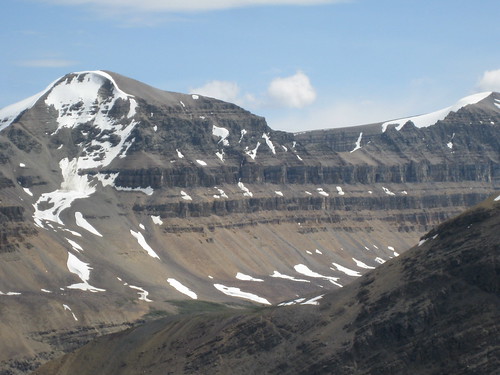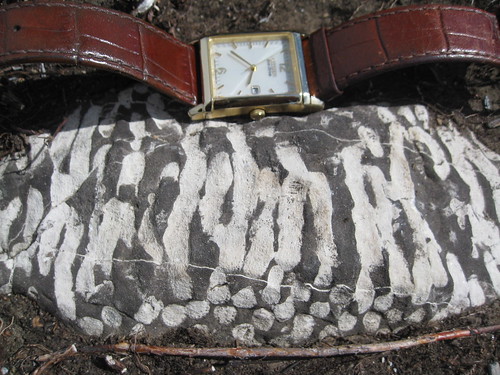Coral reef community ecosystems have been busy evolving for hundreds of millions of years. They are some of the oldest and most complex ecosystems on Earth. Their main constraint: Nutrient poor water (warm tropical waters are lower in dissolved oxygen than cool waters, which have abundant oxygen and abundant life). But facing the oxygen-poor water in which they find themselves, the organisms of the coral reef display incredible abundance and diversity, most of it based on symbiotic relationships.
Enter humans. Among the many perturbations of coral reef ecosystems, we have been busy for a century or so changing the chemistry of the ocean around them. In particular, tropical regions that host sugar cane and other crops dump huge amounts of fertilizer and pesticides into the ocean, perhaps not on purpose, but as a result of runoff.
The coral reef species, which have evolved exquisite adaptations to deal with nutrient-poor waters, simply cannot survive in the environment of increased nutrients we have imposed.
I presented these ideas today to what looked like a very eager group of students. That is, eager to leave the confines of lecture hall. I felt a moment of incompetence: How can we explain complex systems like coral reef ecosystems and their relationship to human impact in a single lecture? There is just too much there, too many variables, and no one answer. Water chemistry, temperature, ultraviolet energy, tourism, and many other variables contribute to the extinction of coral reefs. But some coral reefs, comprising thousands of species, span hundreds of miles, respond differently to an array of environmental impacts. How to put them all out there so students can make sense of it?
The same problem applies to scientists trying to explain climate change. Too many factors to explain. The scientists look like they're using "fuzzy logic" and opportunistic politicians create soundbites that serve their own purposes but ignore the message of evidence-based science.
Back in my office not five minutes, I received an email from one of my students. The article he sent me not only confirmed what I was talking about in lecture, it highlighted some of the difficulties of putting together all the pieces when we address habitat degradation. Thank you Matt!
Oh by the way. What are these pictures? Ancient fossilized coral reefs that are now part of the Canadian Rockies. Wow!



No comments:
Post a Comment